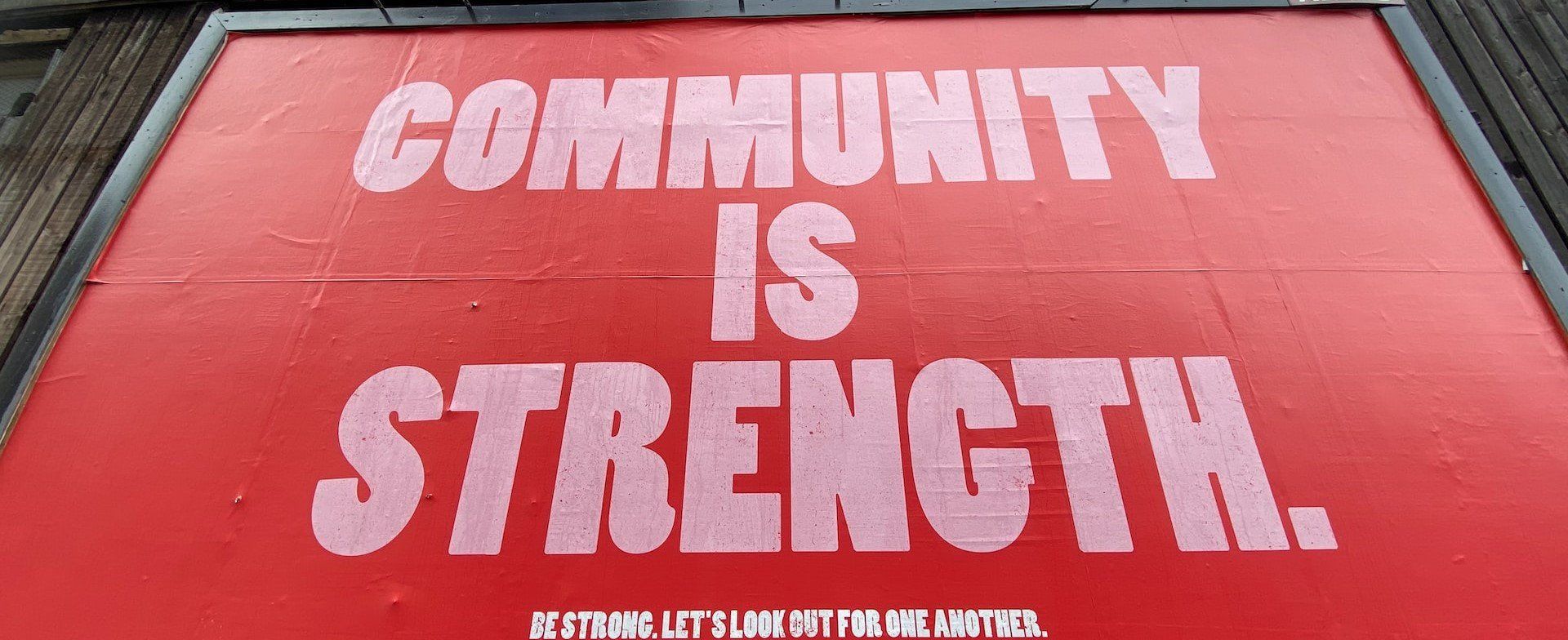Learn more about my book "The Courageous Ask"
Nonprofit Boards Have Issues
Sometimes these issues cause the board to take their eye off the missional ball and those things that can bring an organization down.
In most cases, each member of a nonprofit board is a volunteer. They are serving at their own will because they have a passion for the organization.
This passion drives them to want to contribute, and one way they do that is through their board membership. They are sacrificing time they could use for other important parts of their life, including family time. They came on the board because they believed in the organization and its leadership.
The reasons they joined the board are personal and very important to them, and they feel like they are making an impact through their membership.
They want to do their best for the organization, and sometimes that takes them away from their family. They feel guilty when the organization or executive needs them, but it’s not like the pressure and guilt they feel when their family needs them.
(This blog focuses on starting a conversation centered on preventing the fall of nonprofit leaders. I write it from a Christian perspective, but all leaders will benefit. Be sure to sign up to receive these articles via email every Tuesday at
briankreeger.com as well as taking a look at previous blog articles. In addition to receiving these articles two days before they hit social media, you will receive the article "5 Early Indicators of a Christian Nonprofit Leadership Fall" along with the Contents, Introduction and the Appendix (My story) of my book,
The Courageous Ask: A Proactive Approach to Prevent the Fall of Christian Nonprofit Leaders.)
Despite the board member’s motivation and ambition, they could also be placed in difficult positions. There are many decisions made by a board of directors that might have devastating results no matter what decision is made. For instance, finding the proper balance between the accountability to a job description for the executive and that executive’s humanness can be extremely difficult.
A board of directors must have
integrity and courage. The team must be wise but humble. They must be independent thinkers, but able to compromise. They must be objective, but focused. A board of directors must be informed, but teachable. They must be bold in expression, but eager to listen. They must be passionately engaged, but not overbearing.
The board comprises individuals, albeit imperfect individuals, that bring their individual character traits to the board, thereby forming a body with those same traits and attributes.
All of this to say
that the board is not perfect, and we should expect nothing else. While it is wise to understand that imperfection is inherent in a board of directors, that weakness forms a problem.
This problem, while part of the human condition, sometimes makes it difficult for a board to operate as a cohesive team with the enthusiasm, wisdom, and drive that is required to make an organization successful.
This difficulty can ultimately cause a board to focus on its own operation and survival in a way that pushes the mission aside, and takes for granted its relationship with the executive and staff.
Just like nearly any group of people, whether it be a team, a class, a work group, or even in the marketplace, boards struggle with how they see themselves as a group and how they see each other as individual board members. There are many facets of human nature, as discussed in
previous articles, that enter the equation when it comes to relating to each other and the executive leadership of the organization.
Problems that occur in a boardroom are often simply human nature issues. Instead of me listing all the correlations between human nature and the problems in a boardroom, let’s look at some statistics using board members as the providers of the data, and as their own judges.
The Stanford Graduate School of Business,
in collaboration with
BoardSource
and
Guidestar
surveyed 924 directors of nonprofit organizations about the composition, structure, and practices of their boards. Their study found that:
- 27% of nonprofit directors do not believe their fellow board members have a strong understanding of the mission and strategy of their
organization,
- 32% are not satisfied with the board’s ability to evaluate the performance of the organization,
- 65% of those surveyed do not believe the directors on their board are very experienced,
- 48% do not believe their fellow directors are very engaged in their work,
- 47% of nonprofit directors believe that their fellow board members understand their obligations as directors well, and
- 69% of nonprofit directors say their organization has faced one or more serious,governance-related problems in the past 10 years.1
So, what do you see? Clearly the opinions of the board member respondents to this survey reveal that nonprofit boards have work to do in their own development. They themselves believe they are unqualified, uninformed, and don’t understand their board obligation.
The first thing I questioned as I read the complete report was how these 924 directors rated themselves as individual board members. Unfortunately, this was not included in this excellent report.
When answering questions like this for a survey, I believe it is only human nature that the respondents are measuring the skills and attributes of fellow board members against their impression of their own performance on the board.
And round and round we go. Human nature again.
Boards have their own issues, whether they be recruitment and on-boarding issues, training issues, leadership issues, ego issues, human nature issues, expertise issues, relationship issues, governance issues, or any number of other issues.
And this is where focus can be lost to the detriment of the organization, as the board can become focused on their own internal struggles.
The people around an executive leader can be proactive in the prevention of a devastating fall. The accountability structure, or board of directors, is a big part of that. But they must stay focused.
It’s extremely important to recognize that a board that is not functioning properly and not consciously evaluating their own performance will have great difficulty in being a proactive force in evaluating and guiding an executive and the organization.
So, what should boards do about their issues? This is such a big question with so many answers that depend on what those issues are.
But I am a big believer in the fact that most boards know what they need to do, but struggle to get it done. Perhaps they need to bring in a consultant. Maybe they need some off duty time together to advance relationships. It’s possible they could use the aid of a personality test/assessment to understand one another better. This list goes on and on.
I do believe they know the solutions, but don’t have the courage to talk about it as a group for many reasons.
It all starts with a conversation as a board. Do you have the courage to bring it up? Do you have the courage to propose an honest board assessment?
This may be the conversation that saves your organization.
Be Courageous!
Be Proactive!
Be sure to sign up to receive these articles via email every Tuesday at
briankreeger.com. In addition to receiving these articles two days before they hit social media, you will receive the article "5 Early Indicators of a Christian Nonprofit Leadership Fall" along with the Contents, Introduction and the Appendix (My Story) of my book,
The Courageous Ask: A Proactive Approach to Prevent the Fall of Christian Nonprofit Leaders.
1 David F. Larcker et al., “2015 Survey on Board of Directors of Nonprofit Organizations,” Stanford Graduate School of Business, April 2015, https://www.gsb.stanford.edu/faculty-research/publications/2015-survey-board-directors-nonprofit-organizations
#LeadershipFall #LeadershipSurvival #NonprofitRelationships #ProactiveApproach #LeadershipStruggles #LeadershipBattles #ChristianExecutiveLeader #ChristianLeader #CourageousAsk #Proactive #ProactiveLeadership #NonprofitLeadership #ExecutiveLeadership #ChristianLeadershipFall #BoardIssues #BoardFocus #NonprofitBoardFocus






